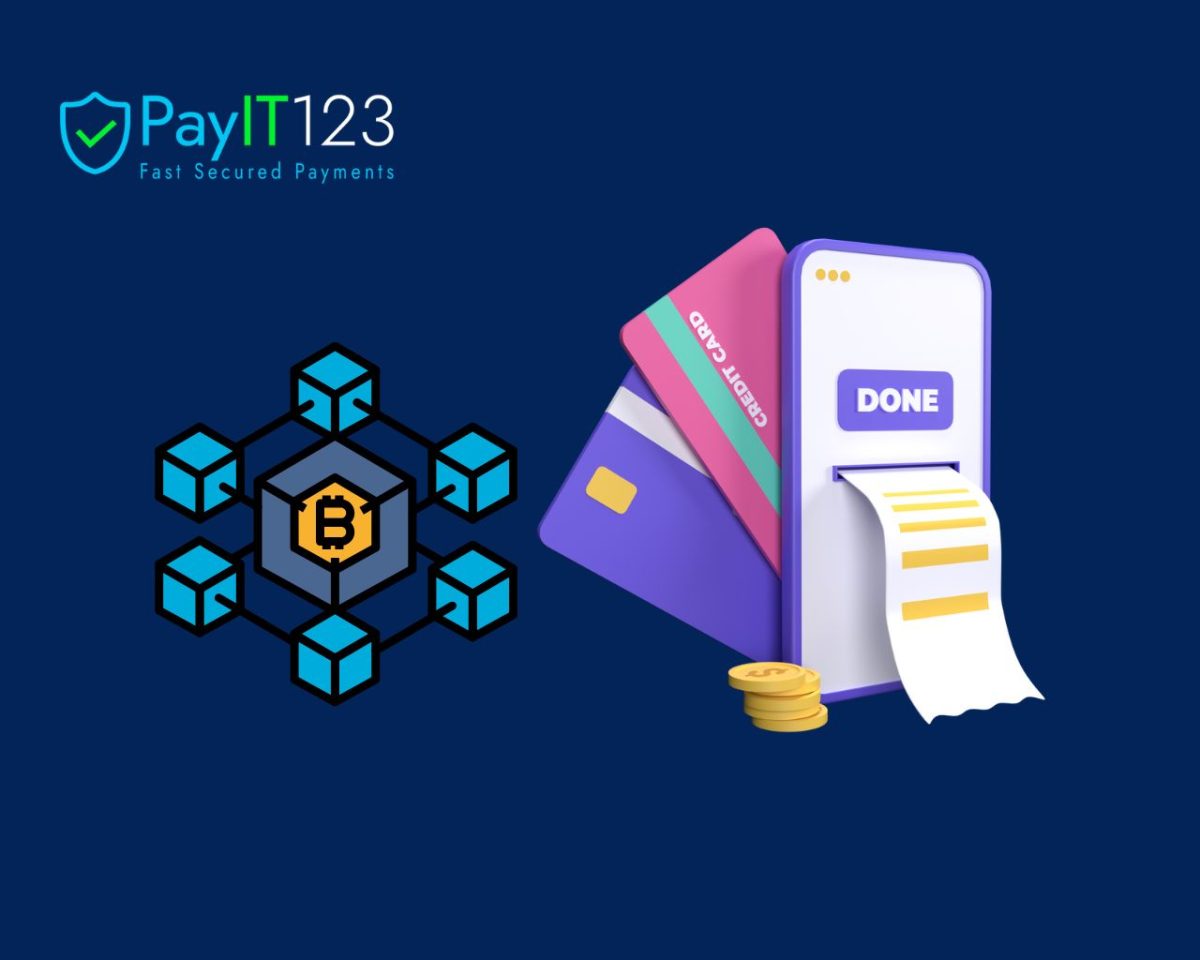Introduction
As the world becomes increasingly digital, security remains a top priority for both financial institutions and consumers, particularly when it comes to card transactions. Traditional payment methods often rely on centralized systems, which can be vulnerable to fraud, data breaches, and hacking. However, the emergence of blockchain technology has introduced a promising solution to enhance the security of card transactions. Here’s how blockchain can revolutionize card payments, providing a more secure, transparent, and efficient transaction experience.
- What is Blockchain?
Blockchain is a decentralized digital ledger technology that records transactions across a distributed network of computers. It enables secure, transparent, and tamper-proof data storage, making it ideal for applications that require secure transaction processing, like credit and debit card payments. Unlike traditional centralized databases, blockchain does not rely on a single entity to manage transactions. Instead, it utilizes cryptography and consensus algorithms to validate and record transactions, making it significantly more difficult for fraudsters to alter transaction data. - Enhanced Security with Decentralization
One of the main advantages of blockchain is its decentralized nature. In traditional card payment systems, data is stored in centralized databases, which are prime targets for cybercriminals. A successful breach can compromise vast amounts of sensitive cardholder information, such as account details and transaction histories. Blockchain, however, stores transaction data across a distributed network of nodes, meaning that there is no single point of failure. Even if one node is compromised, the data remains secure because it is replicated and validated across multiple other nodes, making fraud much more difficult. - Fraud Prevention with Transparency and Immutability
Blockchain’s transparency and immutability also contribute to its effectiveness in preventing fraud. Once a transaction is recorded on a blockchain, it cannot be altered or deleted. This feature provides an immutable transaction history, which can be verified by all parties involved. For card payments, this means that every transaction is publicly visible to authorized participants, and any attempt to manipulate transaction data will be immediately noticeable. The ability to trace and verify transactions in real-time ensures that fraudulent activities are quickly detected and dealt with. - Faster and Cheaper Transactions
Another benefit of using blockchain for card payments is the potential for faster and cheaper transactions. Traditional card payment systems typically involve multiple intermediaries, such as banks, payment processors, and clearinghouses, each of which takes a fee and adds time to the transaction process. With blockchain, transactions can be processed directly between parties, eliminating the need for intermediaries and reducing both costs and processing times. This makes blockchain a highly efficient option for global transactions, where traditional methods can be slow and expensive due to cross-border fees and delays. - Smart Contracts for Automated Security
Blockchain also enables the use of smart contracts, which are self-executing contracts with the terms of the agreement directly written into code. In the context of card transactions, smart contracts could automate processes such as transaction verification and fraud detection. For example, a smart contract could automatically flag or block suspicious transactions, reducing the need for manual intervention. This increases the speed and reliability of transactions while ensuring a higher level of security.
Conclusion
Blockchain technology offers a compelling solution to the challenges of security and efficiency in card transactions. Its decentralized nature, fraud prevention capabilities, transparency, and ability to reduce transaction costs make it a game-changer in the payments industry. As blockchain continues to evolve, more financial institutions and payment providers will likely adopt this technology to secure card transactions, providing a safer, faster, and more transparent payment experience for consumers.
#Blockchain #CardTransactions #PaymentSecurity #DigitalPayments #FraudPrevention #SmartContracts #Cryptography #Fintech #SecurePayments #BlockchainTechnology

